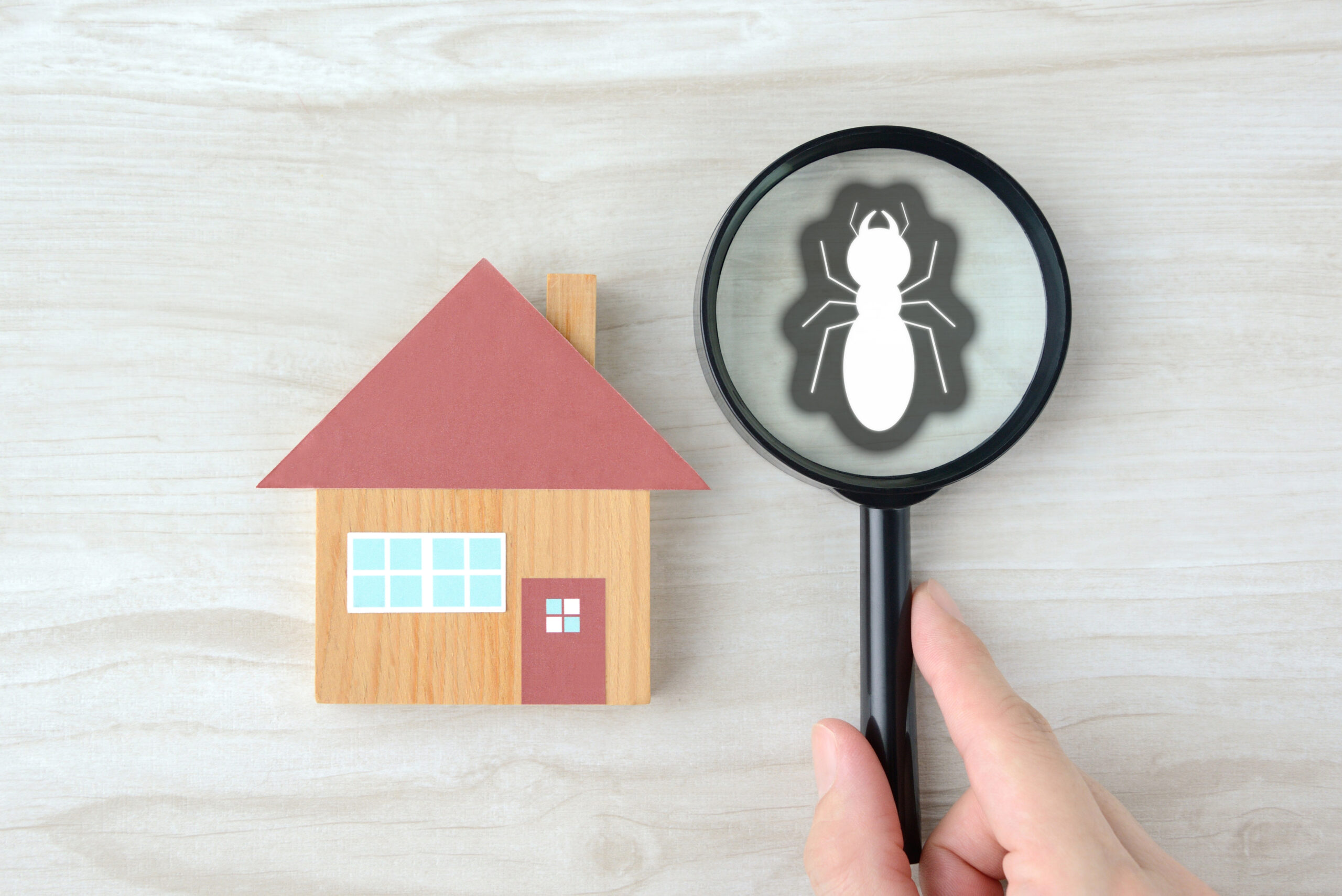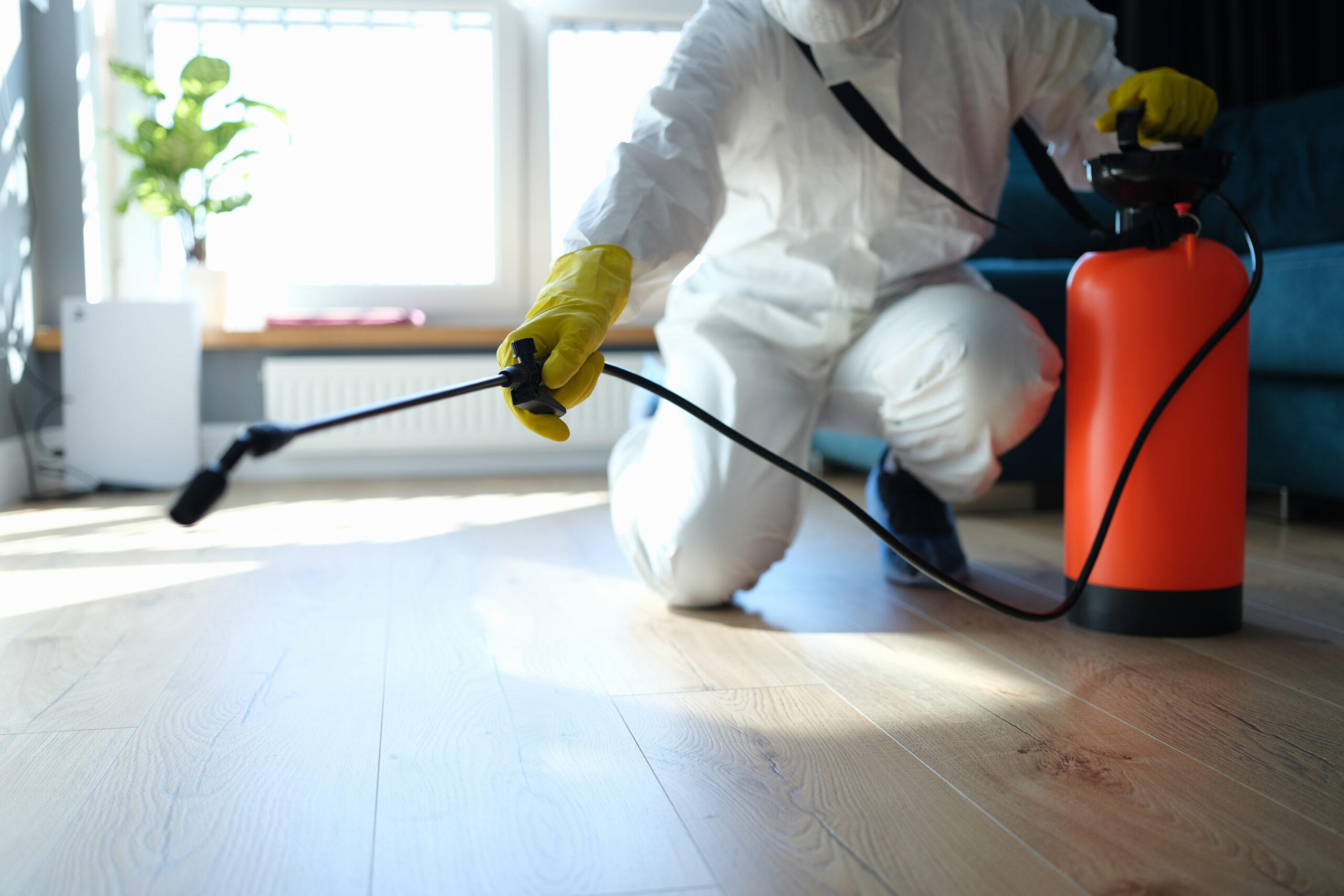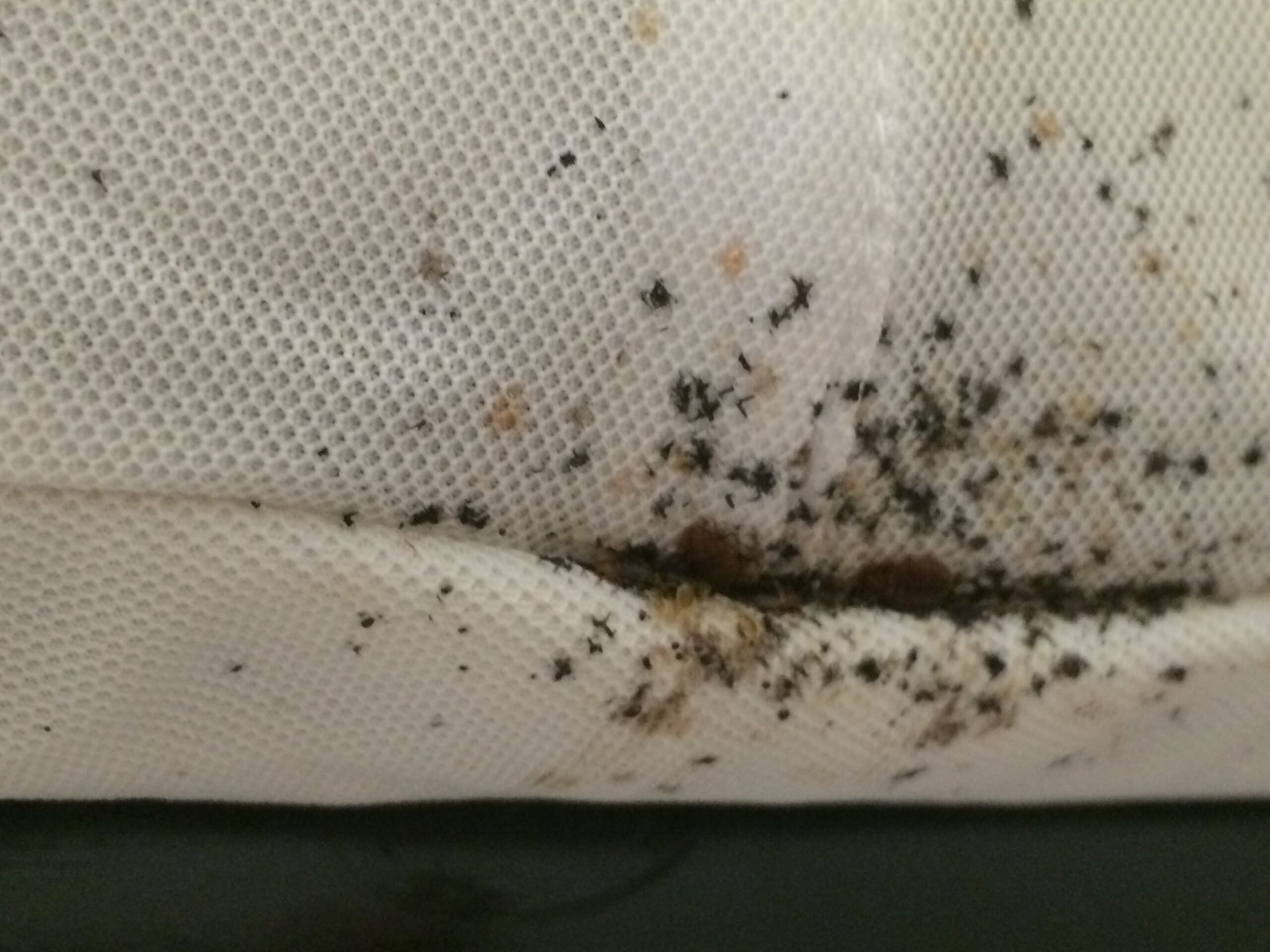It is safe to say that winter is upon us in Northwest Ohio and Southeast Michigan. While nothing may sound better to you than cozying up and taking shelter indoors, the same is true for some common pests. Many people don’t even think about fleas during the colder months of the year, but when it’s frigid out, are they still something you should be concerned about for your home and your pets? What happens to fleas in the winter?
I need a reminder… What exactly are fleas again?
Fleas are tiny, reddish brown insects. They are external parasites and feed off the blood of birds and mammals. Fleas travel by jumping from one host to another. Fleas can jump long distances with their strong legs. Fleas have tough armored bodies that make them almost impossible to crush and get rid of, which allows them to survive in homes and businesses for long periods of time, undetected.
Fleas live and breed in warm, moist places, so infestations are typically worse in the warmer months; however, fleas can still make their way into your home and business in the colder months while seeking warmth. You need to protect yourself from fleas, because once you have an infestation, fleas can be hard to get rid of.
What happens to fleas in the winter?
You read the above right, fleas don’t hibernate and go away when the snow starts falling, in fact, your home can provide the ideal environment for fleas to survive in in the winter months. The excessively cold weather ensures that fleas will not be heading outdoors anytime soon, as they love warm temperatures and don’t venture far away from a known food source.
Fleas cannot survive in freezing temperatures, so once they have found a warm home for the winter, they will not leave it. While the cold weather can slow down a flea’s life cycle, flea eggs can still hatch in the winter. A female flea can start laying eggs within 24 to 36 hours of biting your pet, and they can lay up to 40 eggs every day. The flea eggs then drop off your pet and are scattered around your home or business.
How can I keep fleas away this winter?
Because fleas carry an abundance of diseases and are still common pests in the winter, the best way to keep them from wreaking havoc on your pets and home or business is to prevent them from getting in in the first place.
Below are some flea prevention tips that you should follow all year round to keep fleas away.
- Treat Your Pets. Flea prevention treatment should be applied to your pets all year (don’t stop in the winter months). Fleas have a harder time living off of humans due to our relative lack of body hair, so if your pets are treated, it will help you keep these jumping pests away.
- Vacuum Frequently. Vacuum on a regular basis (at least once a week), especially in any areas where your pets frequent (pet beds, their favorite couch cushion, your bed, etc). Vacuuming can help remove eggs before they hatch. Make sure to vacuum in even the most hidden places, such as: baseboards, under furniture, under cushions, etc. If your pet rides in your car, make sure to vacuum your car, as well.
- Wash Your Laundry. Wash your pet’s bedding, crate, toys, and every blanket and towel they may touch, on a weekly basis, in hot water. Launder your bed sheets often, as well. Any eggs that are left behind can lead to re-infestation when they hatch.
Flea bites can be painful for both you and your pets and can spread disease. You should protect yourself, your home, and your business from a flea infestation. Fleas don’t just go away when it is cold outside, in fact, they may find your warm home or business just as inviting as you do. Fleas are not the only pests and rodents to watch for in the winter months, and if signs point to you having a flea or other infestation, you should contact a local pest control company to help.
At Delving Pest Control, over the last 25 years, we have seen almost everything imaginable in pest and rodent removal. One thing always seems consistent; everyone gets pests at some point.
Trust Delving Pest Control to eliminate your unwanted pests and rodents discreetly. We offer one-time services or regular ongoing pest control programs.








